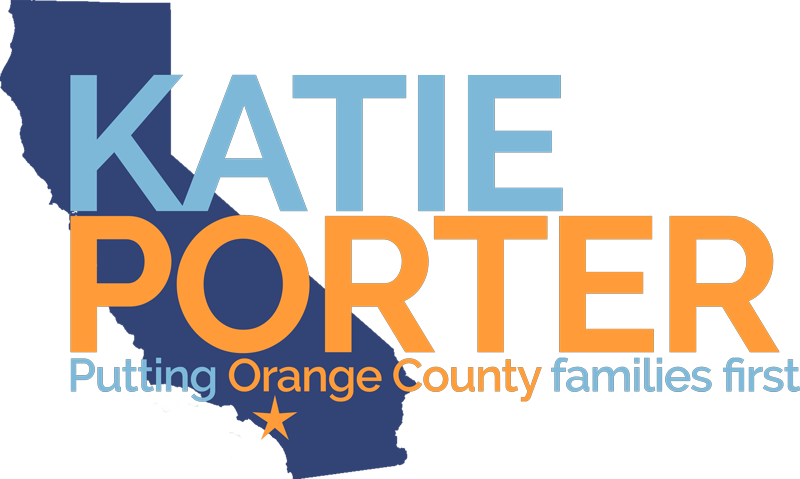Press Releases
Rep. Porter, Sen. Gillibrand Introduce Bill to Ban Government Officials from Owning StocksSTOCK Act 2.0 would restrict, expose financial conflicts of interest for high-level government officials
Washington,
December 18, 2023
Today, Representative Katie Porter (D-CA) and Senator Kirsten Gillibrand (D-NY) announced the introduction of strengthened legislation to crack down on financial conflicts of interest in all three branches of government. Their improved STOCK Act 2.0 is Congress’ most comprehensive effort yet to eliminate corruption and establish strict ethics standards for Members of Congress, Supreme Court justices, the President, the Vice President, leaders of the Federal Reserve, and their families. “Americans should be able to trust that government officials make decisions in the interests of the people—not their stock portfolios,” said Rep. Porter. “People in positions of power should be held to the highest ethical standards to eliminate conflicts of interest. My STOCK Act 2.0—which is led by Senator Gillibrand, author of the original STOCK Act, in the Senate—would increase transparency and hold government officials and their families accountable if they abuse Americans’ trust for personal financial gain.” “The American people need to know that their elected leaders are putting their constituents’ interests – not their own financial interests – first. That is the job we were sent to Washington to do,” said Senator Gillibrand. “The improved STOCK Act 2.0 bars trusted public servants from trading individual stocks and would require elected officials and high-level staff to disclose when they apply for or receive a benefit of value from the government — the same way they would report a stock transaction – and penalize them for failing to comply. I’m proud to work with Congresswoman Porter on this legislation to help end these abuses and give Americans confidence that Congress is acting solely in the national interest.” The original STOCK Act barred members of Congress, the President, the Vice President, and high-level staff from engaging in insider trading or otherwise using nonpublic information for their own benefit. It also included important updates to financial transparency by requiring these high-ranking government officials to expeditiously disclose financial transactions to the public. The STOCK Act 2.0 would expand the list of high-level individuals and their families who must adhere to these requirements, strengthen disclosure rules, and restrict additional conflicts of interest to prevent Members of Congress and other public servants from lining their pockets with taxpayer dollars and profiting from their position of power. Specifically, the STOCK Act 2.0 would:
Ethics advocacy organizations like California Clean Money Campaign, Citizens for Responsibility and Ethics in Washington (CREW), End Citizens United/Let America Vote Action Fund, Environmental Working Group, Fix the Court, NETWORK Lobby for Catholic Social Justice, Oxfam America, Patriotic Millionaires, Project on Government Oversight (POGO), and Public Citizen have endorsed Rep. Porter’s STOCK Act 2.0. “Americans deserve government officials who represent the peoples' interests, and not the interests of their stock portfolios," said Debra Perlin, Policy Director of Citizens for Responsibility and Ethics in Washington (CREW). “By prohibiting members of Congress, federal judges, Supreme Court justices, and members of the Federal Reserve from owning or trading individual stocks--and improving the STOCK Act's deficient disclosure and enforcement regimes--Senator Gillibrand and Rep. Porter's STOCK Act 2.0 would give Americans more confidence that their government is truly working on their behalf." Since joining Congress, Rep. Porter has been a staunch advocate for government accountability and transparency. She founded and co-chairs the End Corruption Caucus, an initiative to get Washington back to serving the people—not special interests. She also led a successful effort to implement a new rule to shed light on conflicts of interest in Congressional hearings and introduced legislation that would close loopholes that enable Administration officials to skirt the constitutionally-mandated Senate confirmation process. Earlier this year, Rep. Porter reintroduced her bill to boost transparency of how Congressmembers spend their time and she leads by example by disclosing the meetings she takes each month. ### |
